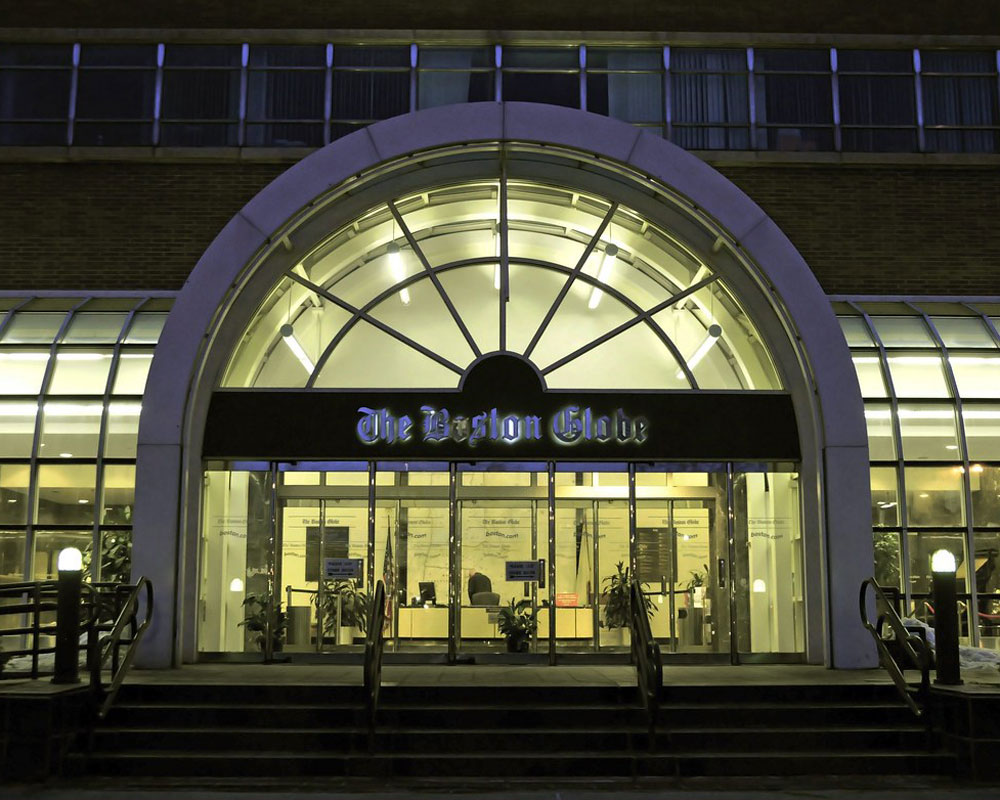
June 20, 2019; Boston Globe
The Boston Globe is launching a new investigative branch focused on public education in Massachusetts, designed to uncover the educational programs that are failing students across the state. The team of journalists dedicated to this beat “is charged with probing where we’ve gone so wrong and what can be done to help make it right,” said Brian McGrory, the Globe’s editor.
This new initiative is funded by the Barr Foundation, a Massachusetts-based foundation focused on the arts, climate, and education. Barr has committed $600K to getting this team going over the next two years.
This is the latest move in a general trend in journalism right now, an industry that has suffered financial and reputational turmoil over the past decade. With the rise of the internet, the revenue model for publications has all but disintegrated; consumers have come to expect easy, quick, and free access to written work. As revenue streams dry up, mainstream publications like the Globe have sought funding from new and sometimes unlikely partners. When it comes to their reputations, legitimate publications are attempting to ride through the #fakenews era with their brands intact and keep investigative journalism alive in an open, increasingly opinion-based environment.
This has opened the door for philanthropy to play a larger role in supporting the media. The Knight Foundation, a Miami-based national foundation, has been one of the more prominent leaders in this space, committing $300 million to its core focus of “advancing journalistic excellence in the digital age” over the next five years. Barr, which has a much more traditional set of philanthropic focus areas, including education, is seemingly recognizing the importance of investing in investigative news-making to further its sector goals.
And while many of these partnerships between philanthropy and journalism are national or global in scale, they have a very local feel, often nodding to the importance of reestablishing the power of local voice and news. The Boston Globe, in its announcement this week, included a form for its readers to submit their hopes and ideas for this new reporting. Karen Rundlet, Director of Journalism at Knight, underscores the importance of engaging the public in a recent blog post:
Sign up for our free newsletters
Subscribe to NPQ's newsletters to have our top stories delivered directly to your inbox.
By signing up, you agree to our privacy policy and terms of use, and to receive messages from NPQ and our partners.
Many are seeing their local newspapers close their doors or shrink, giving rise to less cohesion and civic participation. At the same time, trust in news has hit all-time lows and polarization has peaked, in part because the decline of local news has led to a loss of trustworthy information created by people we know.
People are asking how they can support informed communities in their hometowns and ensure that local newsrooms and the journalism they produce reflect the communities they serve.
In addition to strengthening mainstream outlets, this type of support has also given rise to entirely new, local nonprofit media outlets. One recent example is a recent NYC online paper, The City, funded largely by institutional givers, including the Knight Foundation, which launched its publication with an investigation of NYC Mayor Bill de Blasio.
Critical to these partnerships is the editorial freedom of the news outlets being funded. Both the Boston Globe and The City make sure its readers know that they are not editorially or ethically compromised. Assuming that the philanthropic actors that come into the space can hold true to that editorial promise, we could see a powerful renaissance in investigative journalism over the next decade.
All that said, readers may want to consider that philanthropic money is not always as pure as the driven snow. When the Gates Foundation, for instance, started pouring money into journalism on the issues on which it works, there was a lot of concern about the effects philanthropic money can have on the stories being told. Even if a foundation does not tell someone specifically what to print, what kinds of restraints might significant philanthropic funding attached to an agenda place on reporters and editors when they are considering an exposé on something near and dear to the funder’s heart?—Danielle Holly













